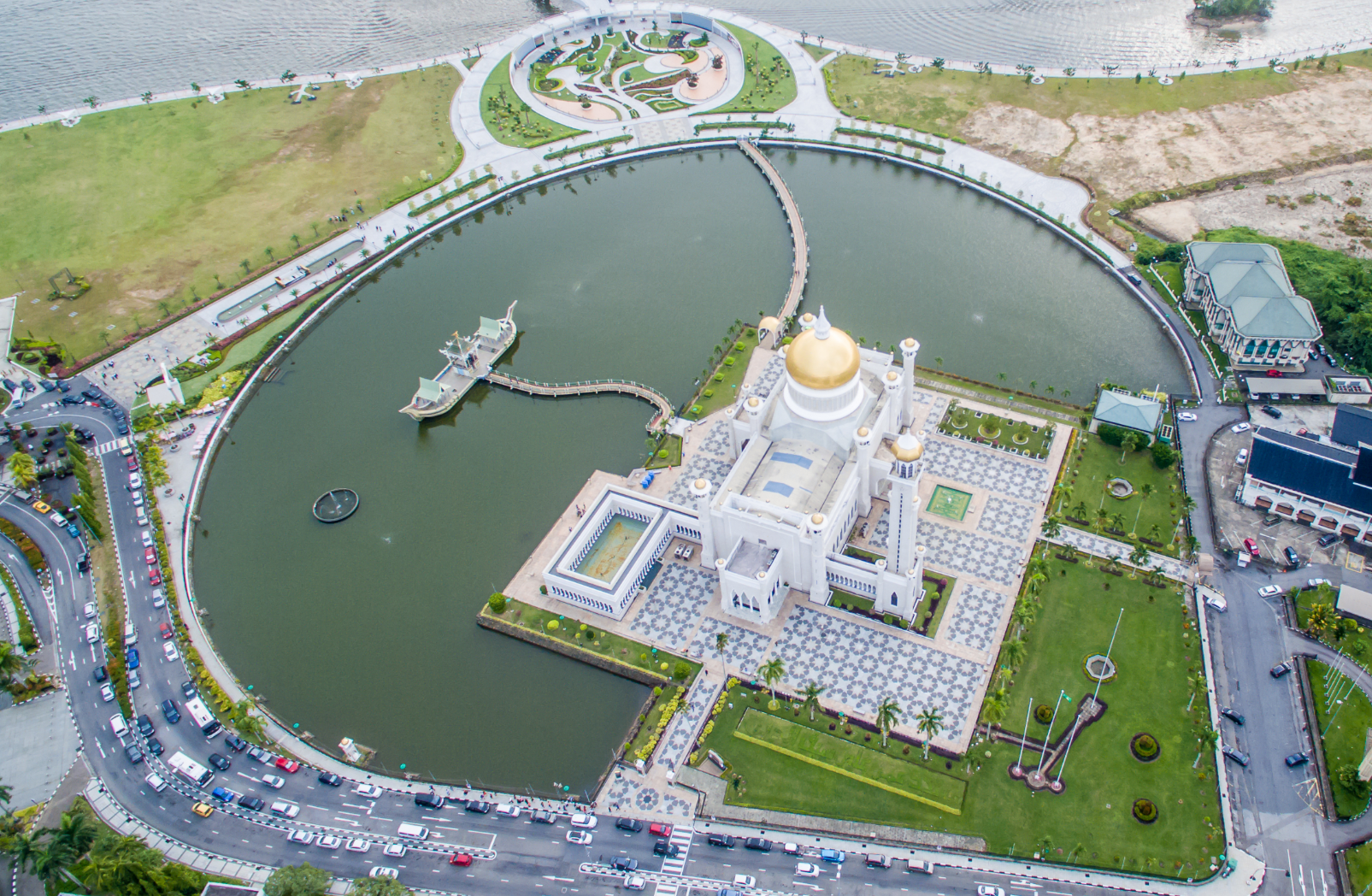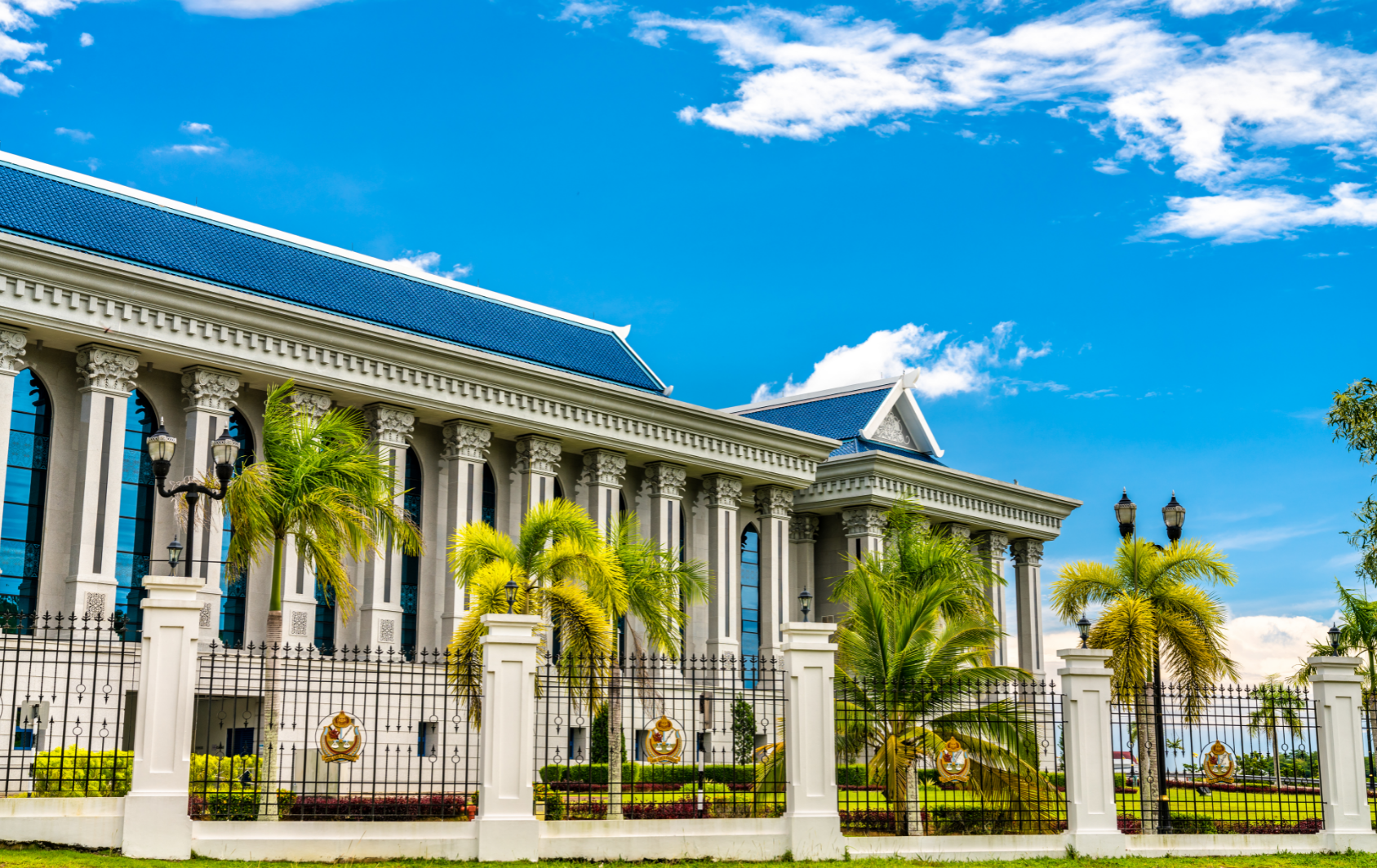Free health care with full government subsidies
Sugar-sweetened beverage tax for health and fiscal benefits
References
[1] “World Bank Open Data.” World Bank Open Data, https://data.worldbank.org/indicator/SP.POP.TOTL?locations=BN. Accessed 9 Jan. 2024.
[2] Tant (2014). Equity in access to healthcare in Brunei Darussalam: Results from the Brunei Darussalam Health System Survey (HSS). Master’s Thesis. Duke University
[4] ILO (2021). Extending social health protection: Accelerating progress towards Universal Health Coverage in Asia and the Pacific. Thailand: ILO.
[5] WHO Western Pacific (2014). Health financing country profiles in the Western Pacific Region 1995-2011. WHO: Geneva. Available from: https://www.who.int/publications/i/item/9789290616740
[6] Ministry of Health (2021). Brunei Darussalam National Multisectoral Action Plan for the Prevention and Control of Noncommunicable Diseases 2021-2025.


